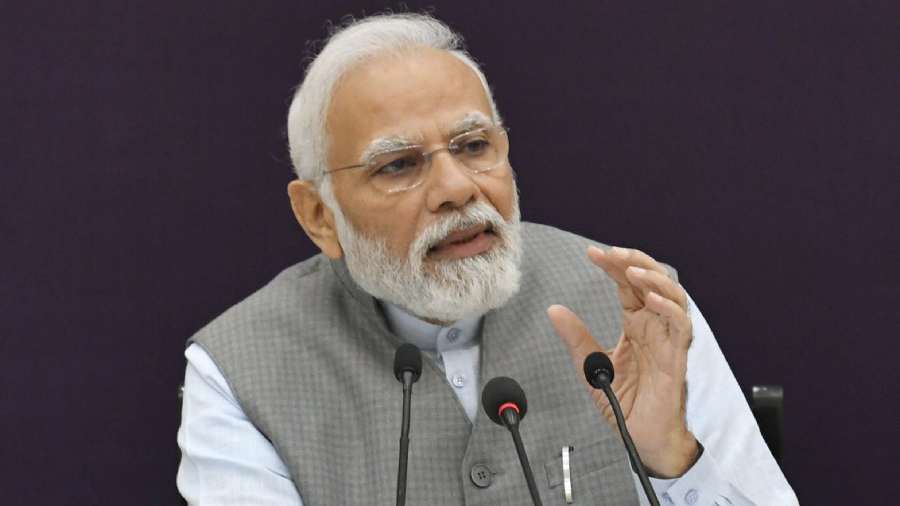The Modi government on Thursday further restricted the export of wheat flour to curb rising prices as shipments have increased over 200 per cent during the April-July period compared with last year. The government in May had banned the export of wheat. The decision to further restrict the export was taken at a meeting of the Cabinet Committee on Economic Affairs (CCEA) chaired by Prime Minister Narendra Modi.
The decision of the cabinet “will now allow putting a restriction on the export of wheat flour which will ensure a curb on rising prices of wheat flour and ensure food security of the most vulnerable sections of the society”, an official statement said.
The directorate-general of foreign trade (DGFT) will soon issue a notification with the details of the curbs. In July, a DGFT notification said the government had imposed a condition on exports of wheat flour or atta, maida and semolina.
“Export policy of wheat flour (atta) remains free but export shall be subject to recommendation of inter-ministerial committee on export of wheat,” the notification said. This was applicable for wheat flour, refined flour, semolina, wholemeal atta and resultant atta.
Average wheat prices rose 4 per cent in the last week, and are expected to climb higher because of the festival season demand. On July 1, wheat stocks in the central pool stood at 28.5 million tonnes (mt) against the buffer norm of 27.5mt, the lowest since 2008.
Wheat production is set lower at 106.84mt in the 2021-22 crop year against 109.59mt in the previous year. In the rabi marketing season (April-June) for 2022-23, wheat procurement by FCI dropped more than 56.6 per cent to 18.7mt against 43.3mt purchased from the farmers in the previous year. The lower procurement has been attributed to a decline in production.
Russia and Ukraine are major exporters of wheat. The war between the two countries has led to global wheat supply chain disruptions, thus increasing the demand for Indian wheat in the world markets.











